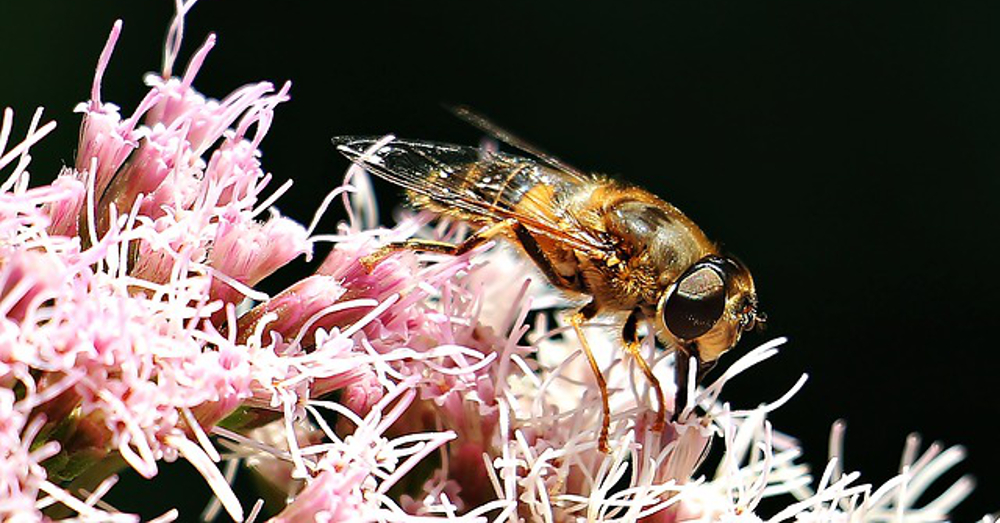
Syngenta Says Pesticide Tied to Bee Harm Wrongly Singled Out
Syngenta AG defended pesticides that several studies show are linked to bee deaths, saying the widening of a ban in Europe would lead to farmers using worse alternatives and crop yields shrinking.
July 13, 2017 | Source: Bloomberg | by Agnieszka De Sousa
Syngenta AG defended pesticides that several studies show are linked to bee deaths, saying the widening of a ban in Europe would lead to farmers using worse alternatives and crop yields shrinking.
The company, bought by China National Chemical Corp. for $43 billion this year, said after the latest study into the neonicotinoid compounds that they’re just one issue affecting the insects. While that view by Syngenta is backed up by the scientific report released last month, its lead author said industry reluctance to admit problems was becoming untenable.
“There are numerous things impacting bee health,” Syngenta Chief Executive Officer Erik Fyrwald said in an interview in Brussels. “One of the very minor elements there is pesticides. So it’s amazing to us that the discussion is, as a whole, about pesticides. Not only pesticides, just specifically neonics.”
After years of declines in bee colonies and several studies indicating harm from neonicotinoids, the European Union’s executive arm is preparing proposals for a permanent ban. The dilemma for policymakers, pesticide businesses, scientists and farmers is how to prevent further damage to bees, essential for pollinating more than 80 percent of the region’s crops and wild plants, while maintaining food supply reliant on such compounds.
Smaller Harvests
For Syngenta’s Fyrwald, a further ban on neonicotinoids would force farmers to use less effective alternatives, meaning production falls even as more chemicals are sprayed on the land. He pointed to declining oilseed rape harvests since the EU’s temporary ban came into effect in December 2013 as farms struggle to control the spread of flea beetles, adding that rape flowers are a food source for pollinators like bees.
The EU’s rapeseed crop rose in the 2014-15 season when plantings took place before the ban, then dropped 19 percent during the two seasons through 2016-17, according to data compiled by the trading bloc.
